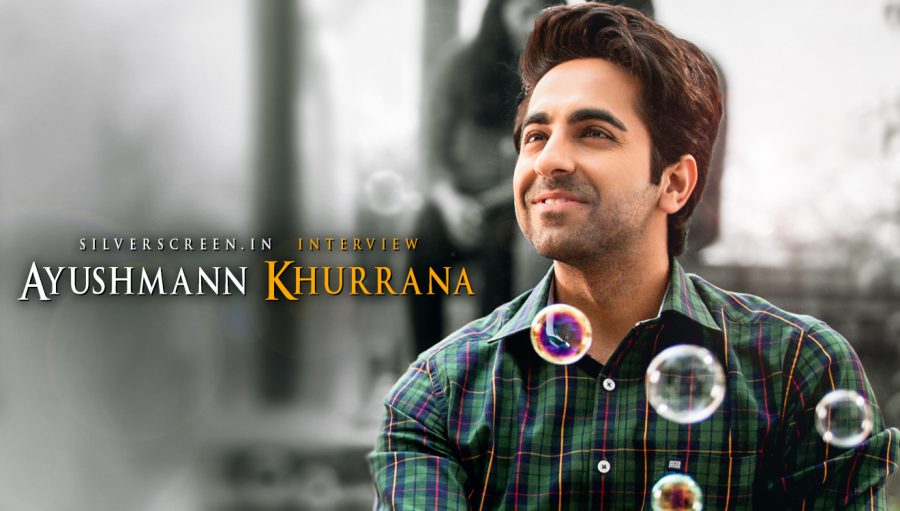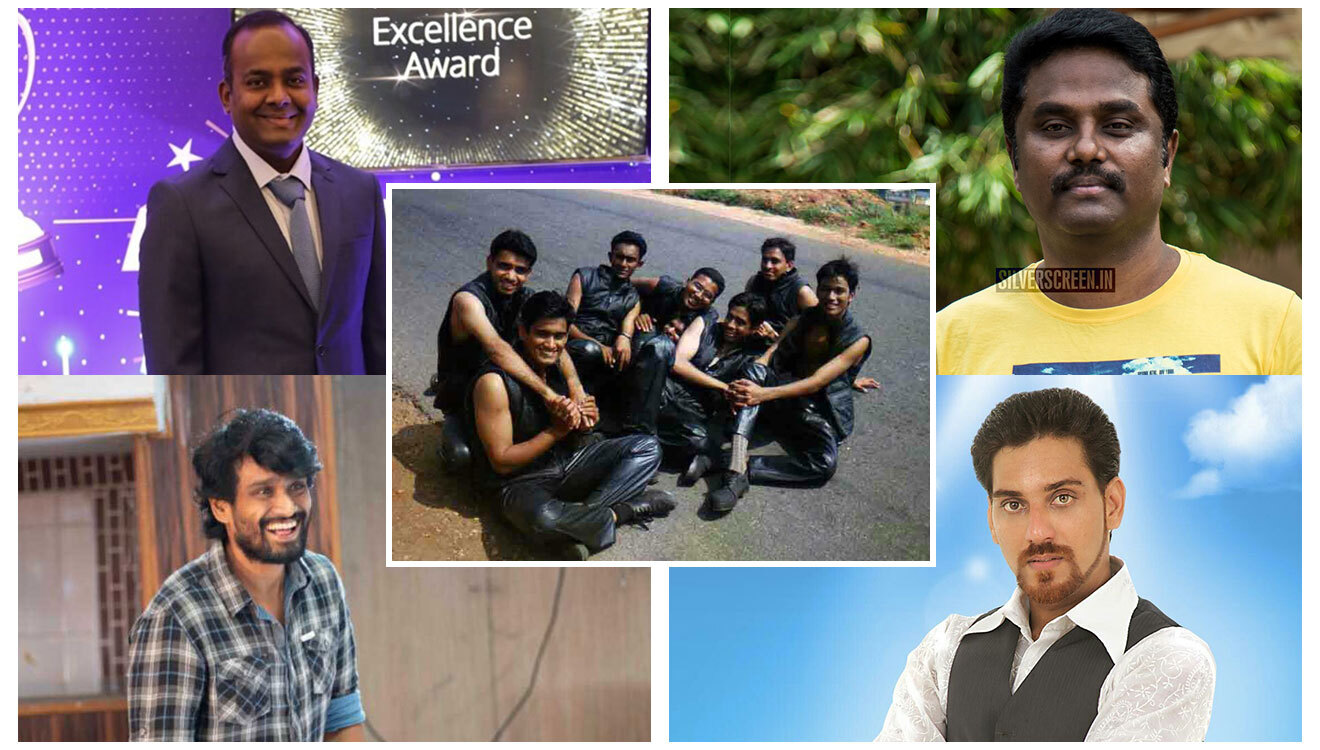Over the years, Ayushmann Khurrana has stuck to his beliefs, not only doing films that celebrate middle-class India, but also being a part of creations that place on a pedestal everyday inventors such as Shivkar Bapuji Talpade (Hawaizaada). Now, he’s busy jet-setting across the country with co-star Bhumi Pednekar, promoting his latest film, Shubh Mangal Saavdhan, which hits screens on September 1.
Ayushmann Khurrana grew up on a staple of commercial Hindi cinema. He watched Amitabh Bachchan scorch the screens, Govinda light up the frame with his liveliness, and Anil Kapoor and the Khans’ memorable performances. If he became an actor, that was what he would become — “a commercial, blockbuster star”.
But, life had other plans for the Punjabi lad. He took up theatre, started watching parallel cinema, and saw his horizons widen. “I wanted to do something off-centre. And that’s how Vicky Donor happened too,” he says.
In between the rains that were battering Mumbai, the actor took time out for a conversation across topics.
Of late, some have been calling you the ‘Amol Palekar of this generation’. How much do you identify with that?
That sounds great (laughs). The cinema I’m doing is similar to what he was doing — it represents the middle class, it’s slice-of-life, light-hearted fare. I’ve always been attracted to this kind of cinema. But, I also believe it is important for an actor to do different roles, which is why my next is a thriller with Sriram Raghavan, co-starring Tabu and Radhika Apte. I also want to do what Govinda did, what Anil Kapoor did…
The roles you’ve played so far have a ring of realism to them. How often do you dip into the real Ayushmann to play your onscreen avatars?
Well, let’s begin with Vicky Donor. I was in familiar terrain, because I’d donated sperm for real in 2004. Though I’m Punjabi, I’ve travelled across the country with my theatre group, and I’m good with picking up languages. So, yes, I guess I dip into my experiences, and put a bit of myself in every character.
Considering you’ve always played a likeable person on screen — even your Chirag Dubey in Bareilly Ki Barfi was vulnerable though he had shades of grey — do you ever see yourself playing a meanie?
Well, with respect to Bareilly…, it was a conscious attempt to keep him more likeable. Also, if I’d been fully negative, no one would have rooted for me, because Rajkummar Rao’s character was immensely likeable. Yes, I’d love to do a meanie on screen. During my theatre days, I’ve played Shylock in The Merchant of Venice, Aswattama in playwright Dharmavir Bharat’s Andha Yug… For an actor, it’s fun doing a dark character.
Of course, I must admit, that in real life, I’m pleasing and friendly as a person (laughs). I need to get out of that zone and also do an out-and-out negative character.
Did you ever worry if Chirag Dubey would be accepted the way he eventually was?
Chirag was a difficult role to essay. He always has this dark space, but he’s also constantly backing the girl he loves. That said, I always go by the script. And, I wanted to work with director Ashwiny Iyer Tiwari. It worked out well.
Though Bhumi and you have done Dum Laga Ke Haisha before, your equation in SMS is very different. She almost hand-holds your relationship here…
Well, there’s always a comfort factor, but if we were colleagues in Dum Laga Ke Haisha, we were great friends during the making of the film. And, that reflects on screen. But, friend or no friend, if you give two actors a great script, they will take it to the next level on celluloid.
Everyone has been speaking about how Vicky Donor and SMS are either ends of the spectrum. That apart, what about the script piqued your interest?
Yes, it is the anti-thesis of my debut film. But, what really appealed to me was the world that writer Hitesh Kewalya had created. In fact, director RS Prasanna once told me that when you place an unusual topic in a usual setting, humour will emanate from the resultant chaos and awkwardness. That’s what performance anxiety and the middle class setting do for this film.
Besides that, the average age of the team was 30. It’s the youngest team I’ve worked with. It’s also the first time I’ve called a director by name — every other director I’ve worked with has been older than me! Prasanna has a very contemporary mindset, and it was fun to work on a film such as this.
What’s the process you adopt before greenlighting a project?
Recommended
When you read the script or sit for a narration, you figure out what’s happening, who the director is, who’s the producer. I’m not impulsive in my decisions. I take my time, think about it. I never sign a project without giving it enough thought.
You also sing, and well, at that. Do you ever see a clash between Ayushmann the singer, and Ayushmann the actor?
Never. I’ve always believed I’m the actor who sings, rather than the other way around. I don’t always sing on screen; the character determines that. So, yes, actor first.
If someone asked you to choose between being an actor and a star…
I’d choose actor, any day. An actor lasts forever. If you’re good with your craft, and are committed, stardom will come too.
*****
The Ayushmann Khurrana interview is a Silverscreen exclusive.



